We all know what a difference a day makes. The first 1000 days can make all the difference to a child’s start in life, perhaps more so than we ever understood before.
During the first 1000 days, the brain undergoes extensive network construction and remodeling in response to interactions with the environment, that in turn endows the capacity to successfully live in that environment. For example: a child’s postnatal nutrition influences the health of circuit formation; their physical exploration is key to development of sensorimotor skills; and their social interactions with caregivers are central to language and emotional development. But we lack tools and models that are predictive of the influence and dependency of these factors on individual network development. Without them, we cannot optimise the key ingredients necessary for promoting healthy brain development, nor identify those at risk of being underdeveloped. Timing is critical – because developmental windows are narrow. For example, previously neglected children admitted into foster care before 24 months old versus those admitted after 26 months show significant differences in their ability to regain aspects of cognitive function by adolescence. And the results can be dramatic – if we could accurately predict and improve EF outcomes by 20% in 80% of children before age 3, we could reduce the risk of childhood obesity by nearly 20%, reduce the risk of accelerated ageing by about 12% and potentially reduce the risk of encounters of crime by over 20%.
If we could develop accurate, scalable, early screening methods to predict EF outcomes, risk-stratify children, and predict responses to interventions in the first 1000 days, we could help ensure a healthy and productive life for millions globally. Importantly, this goal may now be within our reach.
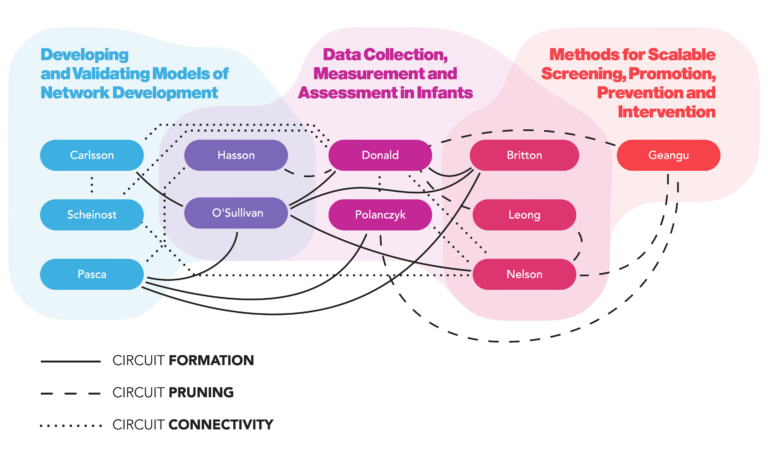
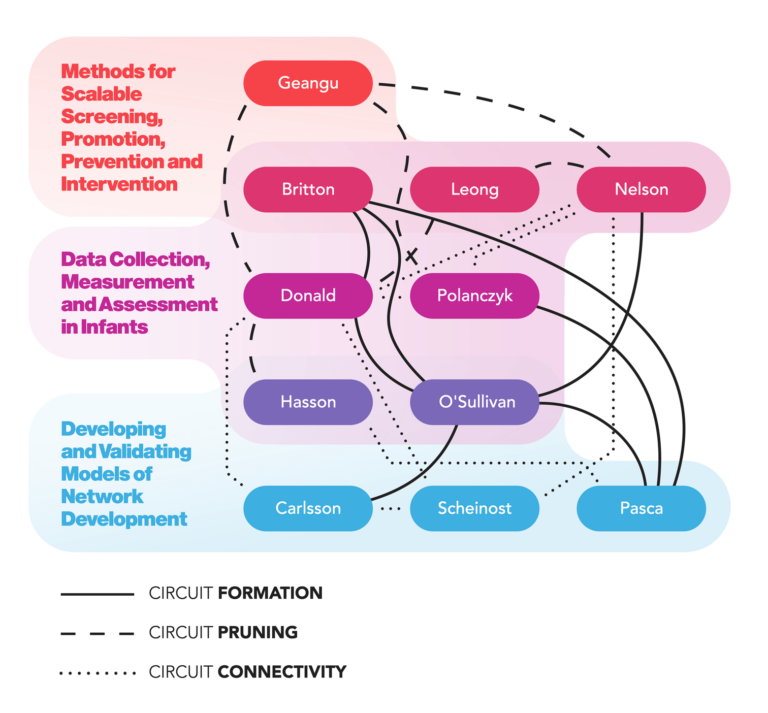
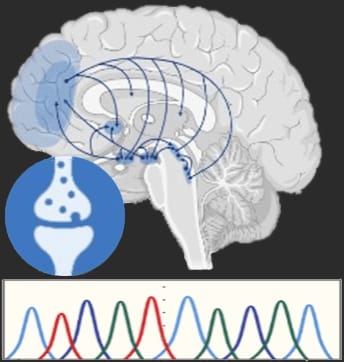
2022, Britton Lab
Creating a microbial-based integrated model to measure and modulate brain development, by using humanized microbiome mice and infant fecal samples.
Robert Britton, Baylor College of Medicine
Team: Baylor College of Medicine: Mauro Costa-Mattioli, Kimberley F. Tolias, Heather Danhof; University College Cork: Mairead Kiley, Dierdre Murray
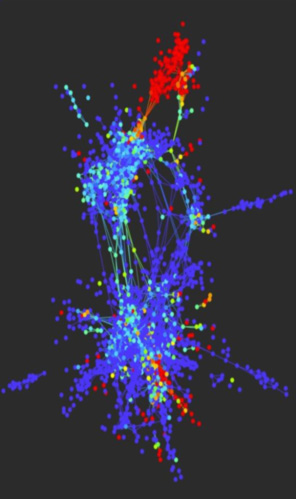
2022, BlueLight AI
Predicting developing executive functions from multi modal longitudinal data, using topological data analysis and modelling.
Gunnar Carlsson, BlueLight AI
Team: BlueLight AI: Sachin Khanna, Nikhil Kotecha
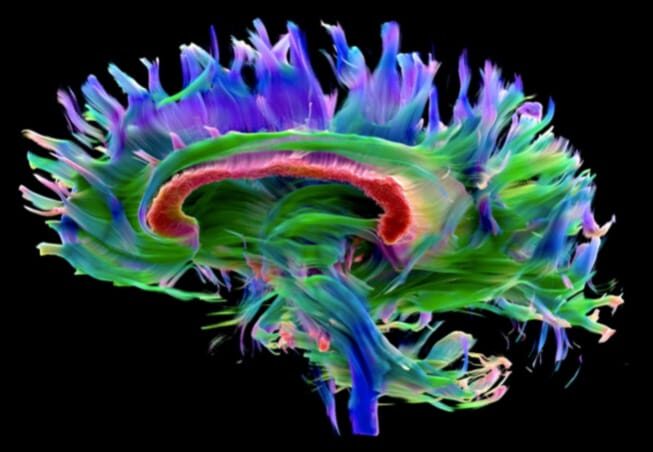
2022, Derek Jones
A multi-scale approach to characterising developing executive functions over the first 1000 days in infants in South Africa and Malawi.
Kirsten Donald, University of Cape Town
Team: Columbia University: Dima Amso, William P. Fifer; Cardiff University: Derek Jones; University of Liverpool: Melissa Gladstone; Kamuzu University: Emmie Mbale; Wellesley College: Vanja Klepac-Ceraj; King’s College London: Steve Williams; University College London: Daniel Alexander; Northeastern University: Laurel Gabard-Durnam

2022, Geangu Lab
Developing tools for monitoring an infant’s real-world natural statistics and predicting developing executive functions.
Elena Geangu, University of York
Team: University of York: Stephen Smith, Marina Knight, William Smith
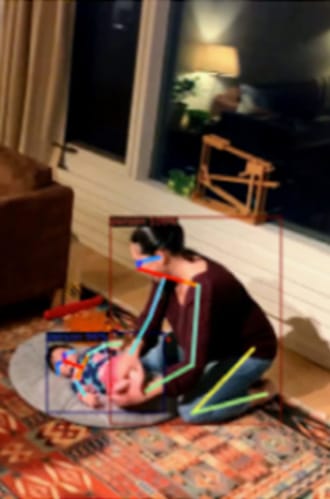
2022, Hasson Lab
Developing novel computational models of child development, by using rich recordings of baby’s everyday lives over their first 1,000 days.
Uri Hasson, Princeton University
Team: Princeton University: Casey Lew-Williams

2022, Leong Lab
Developing Lab & Portable Dyadic Sociometric Sensor Suites for Measurement of Social Interaction Effects and developing executive functions.
Victoria Leong, University of Cambridge
Team: University of Cambridge: Zoe Kourtzi, Carola Schönlieb, Gos Micklem; Nanyang Technological University: Comenico Campolo, Juan-Pablo Oretega
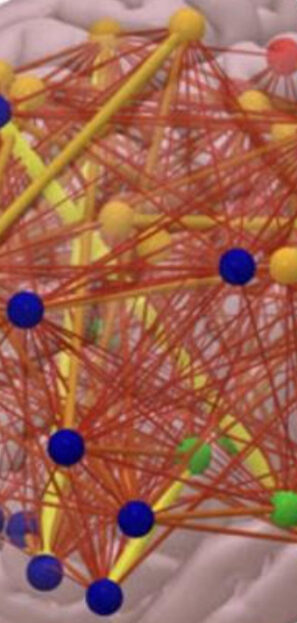
2022, Boston Children’s Hospital Laboratories of Cognitive Neuroscience
Multidimensional evaluation and prediction of the early emergence of executive function in infants in Bangladesh and Boston.
Charles A. Nelson, Boston Children’s Hospital
Team: University of the West Indies: Terrence Forrester; International Centre for Diarrheal Disease Research, Bangladesh: Rashidul Haque
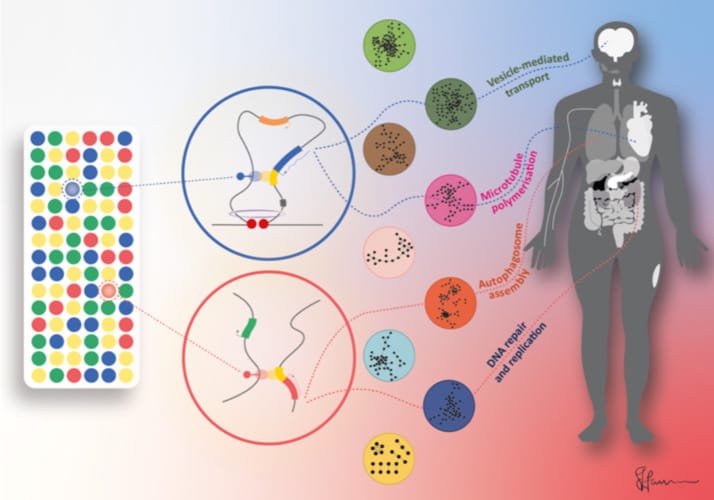
2022, Dr. Sophie Farrow
Identifying microbial and genetic/epigenetic predictors of neurodevelopment and executive function, in infants in Boston and Bangladesh.
Justin O’Sullivan, University of Auckland
Team: Liggins Institute, University of Auckland & Singapore Institute for Clinical Sciences (SICS): Peter Gluckman
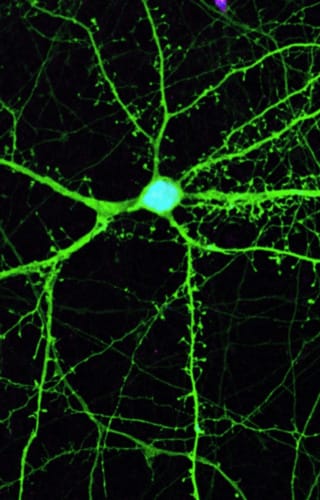
2022, Pasca Lab
Constructing human brain circuits to probe development and disease using stem cell-derived loop assembloids.
Sergiu Pasca, Stanford University

2022, Arthur Miceli
Identifying biomarkers and trajectories of neurodevelopment in infants living in Brazil to predict developing executive function.
Guilherme Polanczyk, University of São Paulo
Team: University of São Paulo: Maria Rita Bueno, Patricia Braga, André Fujita, Alline Campos, Carla Taddei
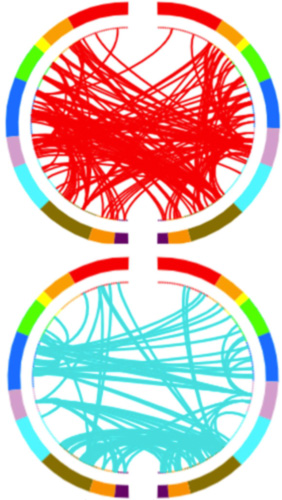
2022, Scheinost Lab
Developing connectome-based predictive models of later executive functions, using infant neuroimaging data and machine learning.
Dustin Scheinost, Yale University
Team: Columbia University: Marisa Spann

2022, Britton Lab
Creating a microbial-based integrated model to measure and modulate brain development, by using humanized microbiome mice and infant fecal samples.
Robert Britton, Baylor College of Medicine
Team: Baylor College of Medicine: Mauro Costa-Mattioli, Kimberley F. Tolias, Heather Danhof; University College Cork: Mairead Kiley, Dierdre Murray

2022, BlueLight AI
Predicting developing executive functions from multi modal longitudinal data, using topological data analysis and modelling.
Gunnar Carlsson, BlueLight AI
Team: BlueLight AI: Sachin Khanna, Nikhil Kotecha

2022, Derek Jones
A multi-scale approach to characterising developing executive functions over the first 1000 days in infants in South Africa and Malawi.
Kirsten Donald, University of Cape Town
Team: Columbia University: Dima Amso, William P. Fifer; Cardiff University: Derek Jones; University of Liverpool: Melissa Gladstone; Kamuzu University: Emmie Mbale; Wellesley College: Vanja Klepac-Ceraj; King’s College London: Steve Williams; University College London: Daniel Alexander; Northeastern University: Laurel Gabard-Durnam

2022, Geangu Lab
Developing tools for monitoring an infant’s real-world natural statistics and predicting developing executive functions.
Elena Geangu, University of York
Team: University of York: Stephen Smith, Marina Knight, William Smith

2022, Hasson Lab
Developing novel computational models of child development, by using rich recordings of baby’s everyday lives over their first 1,000 days.
Uri Hasson, Princeton University
Team: Princeton University: Casey Lew-Williams

2022, Leong Lab
Developing Lab & Portable Dyadic Sociometric Sensor Suites for Measurement of Social Interaction Effects and developing executive functions.
Victoria Leong, University of Cambridge
Team: University of Cambridge: Zoe Kourtzi, Carola Schönlieb, Gos Micklem; Nanyang Technological University: Comenico Campolo, Juan-Pablo Oretega

2022, Boston Children’s Hospital Laboratories of Cognitive Neuroscience
Multidimensional evaluation and prediction of the early emergence of executive function in infants in Bangladesh and Boston.
Charles A. Nelson, Boston Children’s Hospital
Team: University of the West Indies: Terrence Forrester; International Centre for Diarrheal Disease Research, Bangladesh: Rashidul Haque

2022, Dr. Sophie Farrow
Identifying microbial and genetic/epigenetic predictors of neurodevelopment and executive function, in infants in Boston and Bangladesh.
Justin O’Sullivan, University of Auckland
Team: Liggins Institute, University of Auckland & Singapore Institute for Clinical Sciences (SICS): Peter Gluckman

2022, Pasca Lab
Constructing human brain circuits to probe development and disease using stem cell-derived loop assembloids.
Sergiu Pasca, Stanford University

2022, Arthur Miceli
Identifying biomarkers and trajectories of neurodevelopment in infants living in Brazil to predict developing executive function.
Guilherme Polanczyk, University of São Paulo
Team: University of São Paulo: Maria Rita Bueno, Patricia Braga, André Fujita, Alline Campos, Carla Taddei

2022, Scheinost Lab
Developing connectome-based predictive models of later executive functions, using infant neuroimaging data and machine learning.
Dustin Scheinost, Yale University
Team: Columbia University: Marisa Spann
Program goals.
1. Develop a fully integrated model and quantitative measurement tools of network development in the first 1000 days, sufficient to predict EF formation before a child’s first birthday, with 80% predictive validity for EF outcomes at age 3.
1a. The model and measures should capture critical windows of network development from sensorimotor to language and prefrontal networks and the connections established between them.
1b. The integrated model should predict contributions of nutrition, the microbiome, and the genome on circuit formation, as well as, sensorimotor and social interactions on network pruning processes, both in relation to EF outcomes at age 3.
1c. Predictive validity should be verified against assessments of network differences and environmental influences in retrospective studies of a statistically relevant number of children.
2. Create scalable methods for optimising promotion, prevention, screening and therapeutic interventions to improve EF by at least 20% in 80% of children before age 3. Of interest are improvements from underdeveloped EF to normative or from normative to well-developed EF across the population to deliver the broadest impact. Techniques that improve EF by 80% or more in 20% of at-risk children are important, but they are not the sole focus of this program.
Advances across models and measures should inform each other to improve and validate predictive markers, environmental influences and optimise the key ingredients necessary for promoting healthy network development. It is not necessary to form a large consortium or team to do this. Synergies and integrated system demonstrations will be facilitated by Wellcome Leap on an annual basis as we make progress together towards the program goals.
Program Director.
Holly Baines, PhD has expertise in developing disruptive strategies and initiatives in the health and life sciences funding sector while at the Wellcome Trust. She has led the development and delivery of multi million pound programs and managed multi-disciplinary teams across a range of areas from mental health to data science. She earned her PhD in Neuroscience and Ageing from Newcastle University, United Kingdom.
